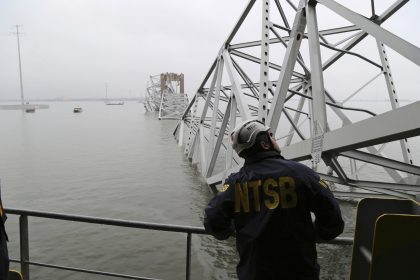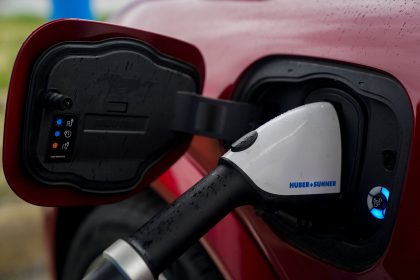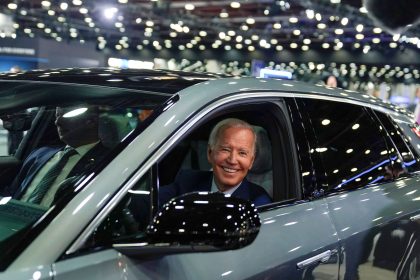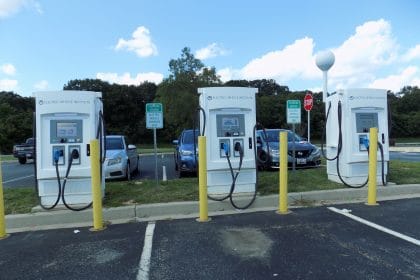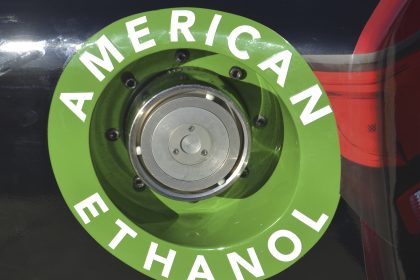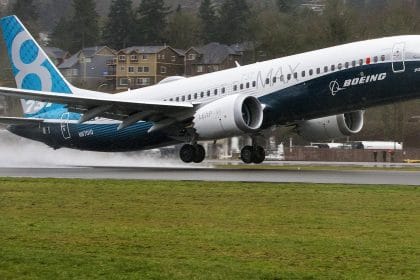Biden Administration Sets Out Rules for Creating Network of EV Charging Stations
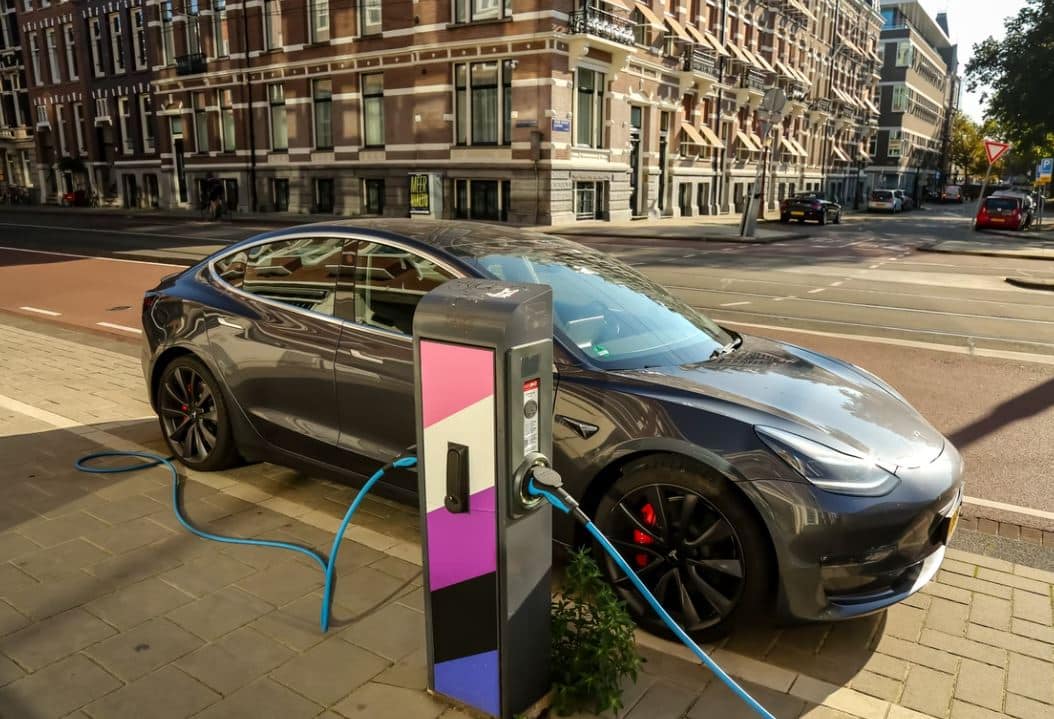
WASHINGTON — Electric vehicle charging stations built with federal dollars should be located no further than 50 miles apart along the nation’s interstates, and within one mile of an exit from any highway, under new rules proposed by the Biden administration.
The expansive, 82-page Notice of Proposed Ruling published on Thursday seeks to address one of the most nagging problems associated with encouraging the nation’s drivers to move from gas- to electric-powered vehicles — the fact that there are no existing national standards for EV charging stations.
While some state standards are already in place, for any given charging station, the charger
manufacturer, charging network, charging network provider, charging station owner, charging station operator, and even the utility providing electricity, may all be different entities, all with different expectations for contracts, maintenance, operations, and customer response.
Because EV charging is a relatively new technology, there is wide diversity in the market from small start-up companies to major multinational corporations.
The White House believes that by promulgating minimum, nationwide standards for EV charging stations and their operation, it’ll make the new technology as user-friendly, reliable and accessible to all Americans as the traditional gasoline pump that they are used to.
At the same time, senior administration officials said this week, the standard will assure drivers encountered interoperable charging systems, regardless of the company offering the charging services, with similar payment systems, pricing information and reliable fast charging speeds.
In addition the proposed standards are intended to ensure that drivers in rural communities have the same access to electric vehicle charging stations as city and suburban drivers do.
“To support the transition to electric vehicles, we must build a national charging network that makes finding a charge as easy as filling up at a gas station,” Transportation Secretary Pete Buttigieg told reporters at a briefing to outline the proposed regulations.
“EV drivers should be able to count on finding a place to recharge easily wherever they go,” he said.
The Biden administration has set a goal of having half of all new vehicles sold in the United States electric by 2030.
To advance that goal, the Bipartisan Infrastructure Law signed last year by Biden included $7.5 billion that will be allocated to states to create a network of electric vehicle charging stations.
Under the proposed new rule, states would be required to provide at least four of the quickest type of recharging ports, known as DirectCurrent fast chargers, at every charging station to allow multiple drivers to plug in at the same time.
The rules direct that the stations not accommodate only a single manufacturer but that they be able to accommodate all models of electric and zero-emissions vehicles.
To ensure access to all, the proposed rules prohibit charging stations built with federal dollars from requiring paid memberships.
They also require charging stations to use mobile apps to make available real-time information about pricing and the availability of ports.
“We’re tackling range anxiety and vehicle charging deserts by making sure that charging stations are easily and equally accessible, allowing every American to get coast to coast in an electric vehicle,” Energy Secretary Jennifer Granholm said.
Deputy Federal Highway Administrator Stephanie Pollack called the proposed requirements, “a foundational step” in providing EV drivers with “predictable access to charging access across the United States.”
In addition to proposing a new set of national EV charging station standards, the Departments of Energy and Transportation also announced the formation of a new Electric Vehicle Working Group, that will make recommendations regarding the development, adoption, and integration of electric vehicles into America’s transportation and energy systems.
Authorized under the Bipartisan Infrastructure Law, the advisory group will consist of 25 representatives, federal government employees, and special government employees.
The group will compile reports related to the adoption of electric vehicles for the Joint Office of Energy and Transportation, determine how to ensure the sustainable integration of electric vehicles into the electric grid, prepare the workforce for more electric vehicles and maintain global competitiveness in electric transportation infrastructure and technology.
The Energy Department expects to publish the member nomination process later this week.
Dan can be reached at [email protected] and at https://twitter.com/DanMcCue.


















